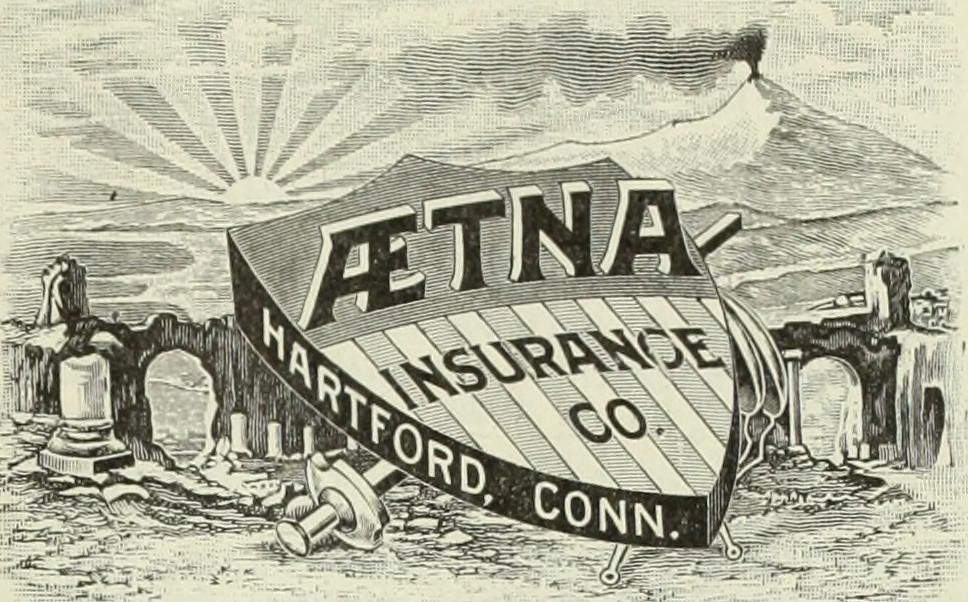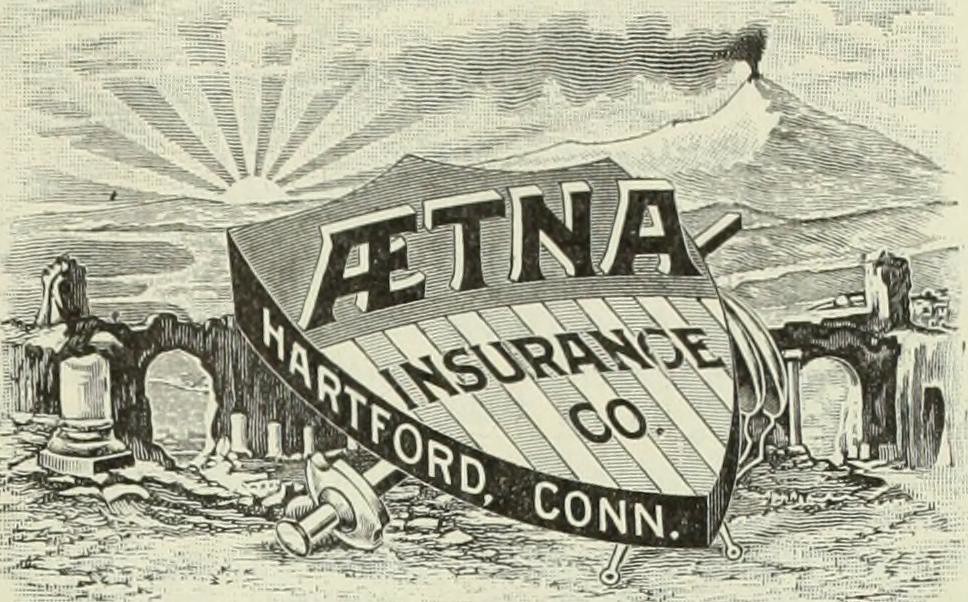
Image Source: Flickr
In the United States and Canada, the majority of people who drive cars are covered by personal auto insurance. This insurance protects you and your car in the event of an accident, and it costs you an average of $1,050 a year in premiums. Furthermore, some of that figure is tax deductible, too. However, if you’re not covered by personal auto insurance, you have a few options to protect your car. You could purchase a policy specifically for your car. If you have a high-value car, or a car that is used for business or for charity, you might consider purchasing an optional third party or “aggregate” insurance policy. The following article explains what the differences are between third party and aggregate policies, and how to get the best coverage for your car.
Table of Contents
What is Aggregate Insurance?
Third party insurance is a type of insurance that covers damage or loss that happens to the car of another person. It’s different from liability insurance, which is used to pay for the legal costs of someone else if you’re found liable for an accident. Third party insurance, which is sometimes called “aggregate” coverage, is required by law in many Canadian and US states. These states include California, New York, and Florida.
Types of Aggregate Insurance
There are two main types of aggregate coverage: collision coverage and liability coverage. Collision coverage pays for damage to other vehicles in an accident. This coverage is required by most states if you have a car registered there. Liability coverage protects you from lawsuits filed by people injured in a car accident. This coverage is optional and can be expensive.
Why Get Aggregate Insurance?
Collision and liability policies are usually expensive. However, if you have a high-value car or a business that uses a luxury car, you might want to purchase a third party policy. This coverage will protect your car against damage from collisions and lawsuits, if you don’t have it. It’ll also protect you if you have an accident with another car or a truck and are found liable for damages.
How to Get Aggregate Insurance?
In most states, you can purchase aggregate coverage when you register your car. This can be done at any DMV office. Alternatively, you can get it through an auto insurance broker. If you purchase coverage through a broker, the broker will handle all the state-required paperwork.
Should You Get Aggregate Insurance?
If you don’t have personal auto insurance, you should get aggregate coverage. Third party coverage isn’t cheap, but without it you could end up paying hundreds of dollars in damages if you’re found liable in an accident. You should also consider getting insurance if you have a high-value car or a business that uses a luxury car. You’ll be protected against damage if the car is damaged in an accident and you aren’t at fault.
Is Aggregate Insurance Cheaper than Personal Auto Insurance?
We haven’t found any data to indicate that aggregate insurance is cheaper than car insurance. If anything, it’s more expensive. Therefore, if you don’t have car insurance or if it isn’t covering your lifestyle, you should get aggregate coverage.
Conclusion
If you’re not covered by personal auto insurance, you should get aggregate coverage. Third party coverage isn’t cheap, but without it you could end up paying hundreds of dollars in damages if you’re found liable in an accident. You should also consider getting insurance if you have a high-value car or a business that uses a luxury car. You’ll be protected against damage if the car is damaged in an accident and you aren’t at fault.

5 Comments